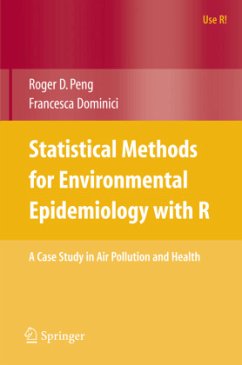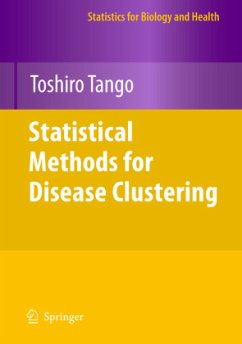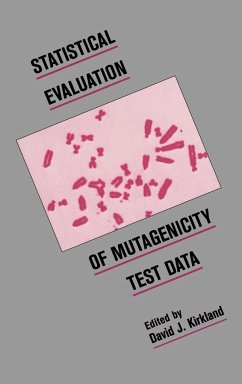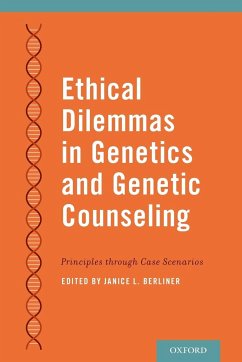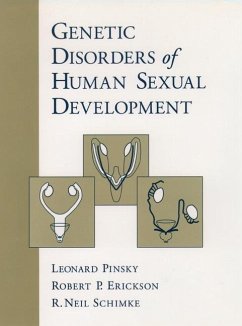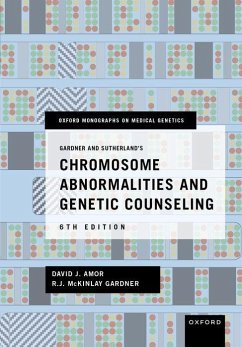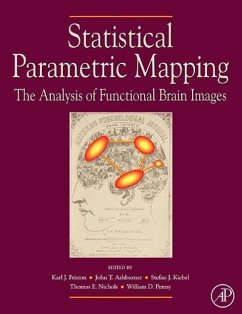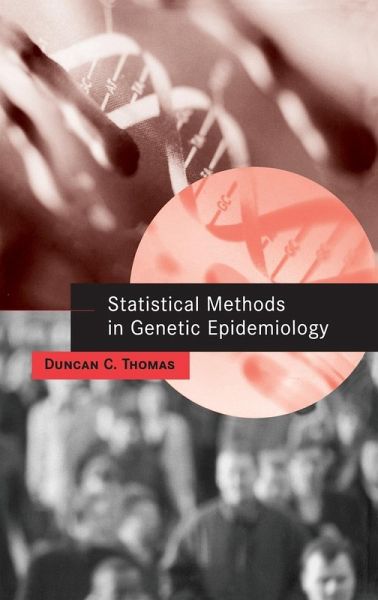
Statistical Methods in Genetic Epidemiology

PAYBACK Punkte
58 °P sammeln!
A comprehensive overview of genetic epidemiology
This balanced and well-integrated text gives a lucid overview of the entire process of genetic epidemiology, from familial aggregation through segregation, likage, and association studies. It is illustrated throughout with examples from the literature on cancer genetics. Statistical concepts are developed in depth, but with a focus on applications. Introductory chapters on molecular biology, Mendelian genetics, epidemiology, statistics, and population genetics are included.
Oriented to graduate students in biostatistics, epidemiology, and human genetics, the book will also be a useful reference for researchers. It gives equal emphasis to study designs and data analysis.
This balanced and well-integrated text gives a lucid overview of the entire process of genetic epidemiology, from familial aggregation through segregation, likage, and association studies. It is illustrated throughout with examples from the literature on cancer genetics. Statistical concepts are developed in depth, but with a focus on applications. Introductory chapters on molecular biology, Mendelian genetics, epidemiology, statistics, and population genetics are included.
Oriented to graduate students in biostatistics, epidemiology, and human genetics, the book will also be a useful reference for researchers. It gives equal emphasis to study designs and data analysis.
This well-organized and clearly written text has a unique focus on methods of identifying the joint effects of genes and environment on disease patterns. It follows the natural sequence of research, taking readers through the study designs and statistical analysis techniques for determining whether a trait runs in families, testing hypotheses about whether a familial tendency is due to genetic or environmental factors or both, estimating the parameters of a genetic model,
localizing and ultimately isolating the responsible genes, and finally characterizing their effects in the population. Examples from the literature on the genetic epidemiology of breast and colorectal cancer, among other diseases, illustrate this process. Although the book is oriented primarily towards
graduate students in epidemiology, biostatistics and human genetics, it will also serve as a comprehensive reference work for researchers. Introductory chapters on molecular biology, Mendelian genetics, epidemiology, statistics, and population genetics will help make the book accessible to those coming from one of these fields without a background in the others. It strikes a good balance between epidemiologic study designs and statistical methods of data analysis.
localizing and ultimately isolating the responsible genes, and finally characterizing their effects in the population. Examples from the literature on the genetic epidemiology of breast and colorectal cancer, among other diseases, illustrate this process. Although the book is oriented primarily towards
graduate students in epidemiology, biostatistics and human genetics, it will also serve as a comprehensive reference work for researchers. Introductory chapters on molecular biology, Mendelian genetics, epidemiology, statistics, and population genetics will help make the book accessible to those coming from one of these fields without a background in the others. It strikes a good balance between epidemiologic study designs and statistical methods of data analysis.





